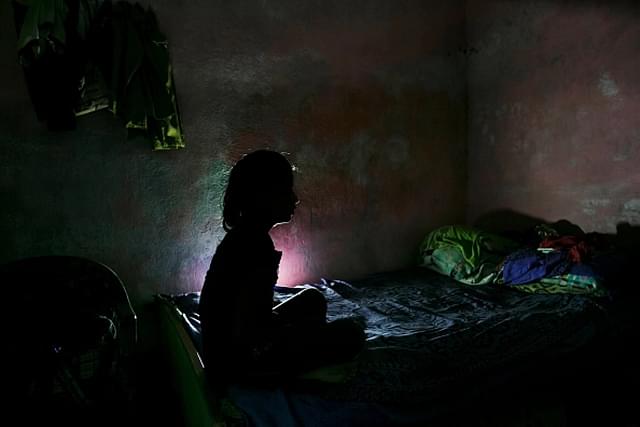The Film and Publication Board says it has noted an increase in cases of children being targeted for online grooming.
“We have seen an increase in the number of cases of online child grooming. Parents buy children as young as 10 devices without putting [on] any filtering software. The children are on Facebook at the age of 10,” said Mmaletjema Poto, a child protection unit officer at the board.
“This puts them at risk of being abused. Children are interacting online without supervision.”
The Covid-19 pandemic, said Poto, had brought with it a lot of stress as staying at home became mandatory during the stricter levels of the lockdown.
“With parents working from home, it is hard to monitor children while they play with their devices,” she said. “Covid-19 has a shone a light on the amount of risk children are exposed to.”
Targets of child sexual abuse material were children aged three to 13, the majority of whom were girls, said Poto.
“The younger the children are, the greater the interest is from paedophiles,” she said.
“Children also look for alternative ways to entertain themselves. They have access to video games. They exchange details with strangers, not knowing who they are communicating with.
“Boredom increases the risk of children falling victim to cyberbullying and grooming when they take photos and videos of themselves and share with other people.
“Those entrusted with the welfare of the child when the parents are at work may be offenders themselves. It is important for the public to be aware that it is against the law to access and distribute child pornography. It is also against the law to share pictures of children. We do have situations where people have done jail time for creating and distributing child pornography.”
Poor school performance, suicide or suicidal thoughts, were some of the effects of cyberbullying.
The Child Justice Act ensures that children take responsibility of the crimes they commit without being criminalised.
Dr Charmain Badenhorst
“We need to teach our children to pause before posting. They should not post anything that compromises their safety. Delete and block a user that is bothering you. Do not retaliate. Do not contact the parents of the bully. Do not accept friend requests from strangers on social media.
“We talk to communities so they are aware of sexual abuse material. We collaborate with government departments and NGOs that deal [with] the issue of cyberbullying and child pornography,” she said.
Dr Charmain Badenhorst, director of child justice and family law at the department of justice, said there were legal responses to cyberbullying.
“The criminal law responds to bullying. The first crime children can face for cyberbullying is crimen injuria,” said Badenhorst. “The second crime is assault. It can be physical or it can be in the form of a threat. The other crime is criminal defamation, including text messages, e-mails or instant messages.”
Badenhorst said the department was implementing the Cybercrimes Bill. “This will provide protection against cyberbullying because it criminalises the disclosure of data that is harmful and provides for interim protection orders.”
She said the Child Justice Act dealt with children who committed criminal offences including cyberbullying.
“Children don’t often realize that when they distribute child pornography to other children, they run a risk of being placed on the national sex offenders registers. The Child Justice Act ensures that children take responsibility of the crimes they commit without being criminalized. The act balances the children’s rights.”
